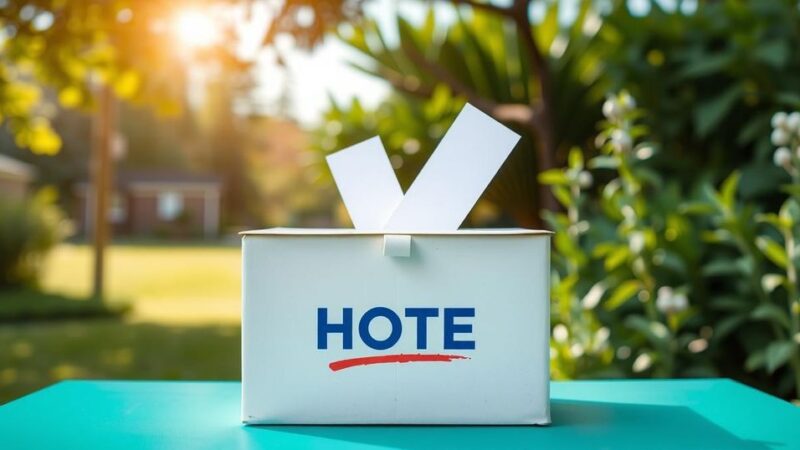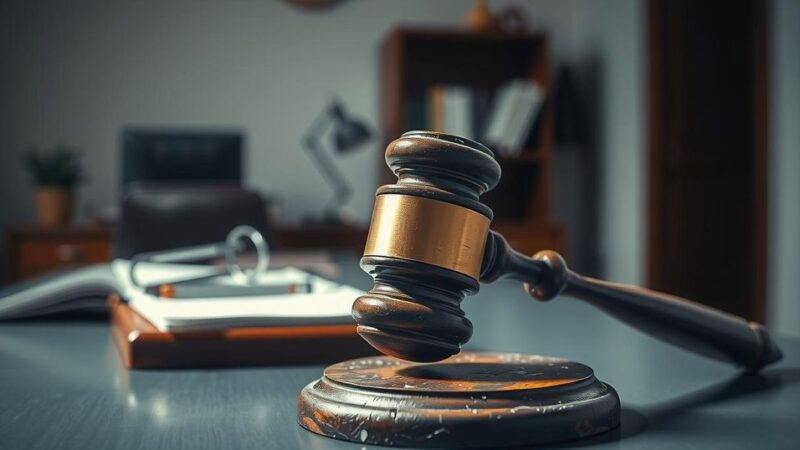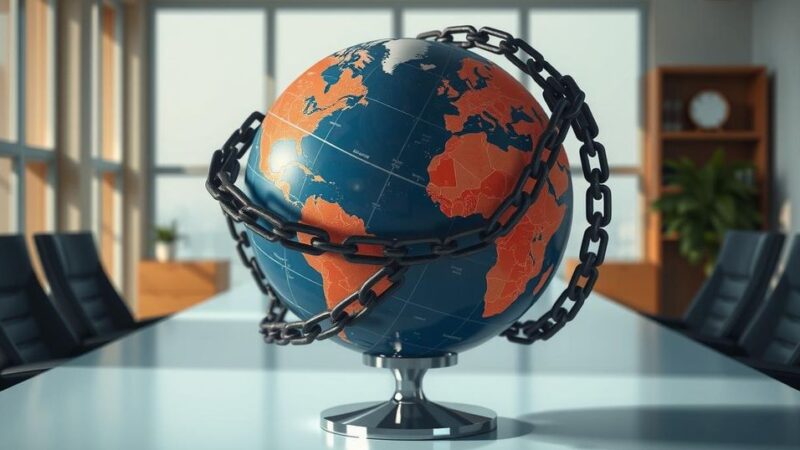Daniel Noboa seeks reelection as Ecuador’s president after a tumultuous 16 months in office characterized by efforts to reduce violent crime. His aggressive policies have yielded a decrease in the homicide rate, yet concerns persist regarding his governing tactics and internal administration disputes. The upcoming elections will test Noboa’s popularity against a backdrop of significant political pressure, including challengers like Luisa González.
Ecuadorian President Daniel Noboa is campaigning for reelection amidst an atmosphere of political tension and high stakes. At only 37 years old, he has already made a significant impact in a brief 16-month tenure following a surprise victory in the 2023 snap elections. Noboa, who inherited a fortune in the banana industry, won significant support by focusing on aggressive crime-fighting strategies during a time of rising violence in the country.
Since taking office, Noboa’s leadership has been marked by improvements in national security; the homicide rate has decreased notably. However, while the current rate has improved from previous years, it remains critically high. Political analysts suggest that this drop lends him the necessary political capital to continue leading, despite ongoing issues related to safety and governance.
Noboa’s approach has garnered both support and criticism. His decision to declare a state of internal armed conflict in early 2024 allowed military intervention in areas plagued by organized crime. Some controversial actions, such as a police raid on a foreign embassy, have raised eyebrows domestically and internationally, leading to questions regarding his adherence to constitutional norms.
Tensions have arisen within his administration, as demonstrated by the feuding between Noboa and his Vice President, Verónica Abad. Their relationship soured quickly after Noboa took office, leading to Abad being dispatched to serve as Israel’s ambassador, a move perceived as isolating her. This internal conflict casts a shadow on Noboa’s leadership, complicating his path to reelection.
As Noboa faces a crowded field of challengers, with prominent figures such as Luisa González making a comeback, Ecuadorians will head to the polls to determine the trajectory of the nation. With crucial elections occurring soon, the outcome will significantly impact the future of governance in Ecuador, considering Nimboa’s controversial methods and ongoing crime challenges.
Daniel Noboa’s political rise is notable for its rapid ascent, beginning with his 2021 election to the National Assembly. He quickly became a candidate of interest during the 2023 snap elections. He inherited wealth from his family’s banana business, which has provided him a platform from which he seeks to influence Ecuadorian politics. His presidency has faced challenges including violence and internal disputes, which continues to shape his approach to governance and reelection efforts.
In conclusion, Daniel Noboa’s presidency has been marked by substantial progress in crime reduction amidst considerable controversies regarding his methods and internal administration conflicts. As he campaigns for a full term, the electorate must weigh the effectiveness and implications of his leadership style against the backdrop of ongoing challenges in Ecuador. The upcoming elections will crucially determine both Noboa’s fate and the broader political landscape of the country.
Original Source: apnews.com






